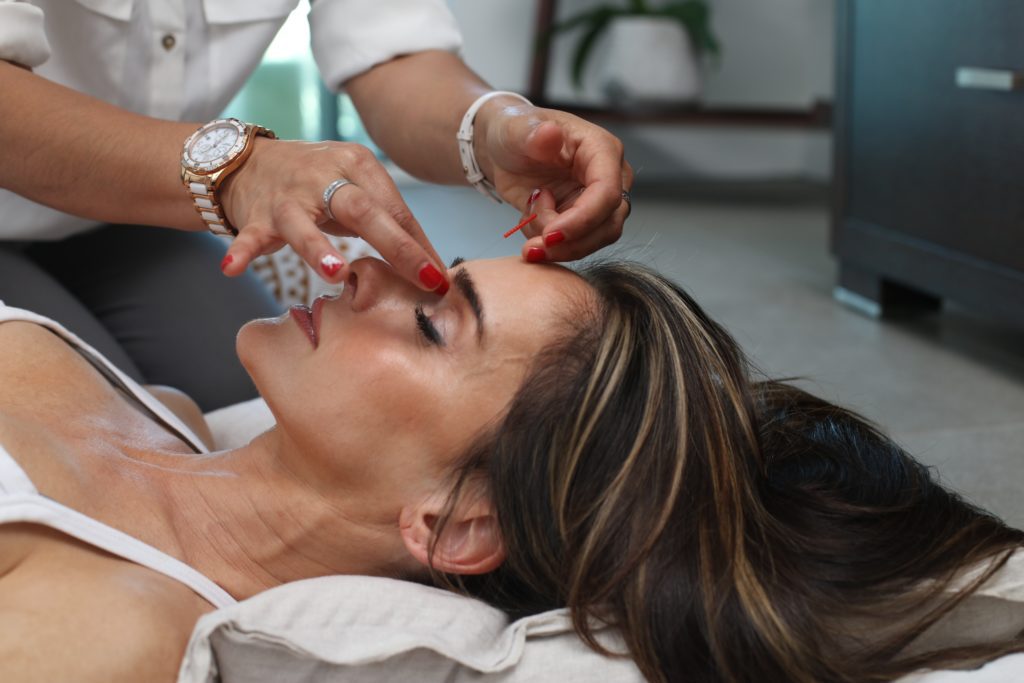Acupuncture: Pros and Cons
Acupuncture is a traditional Eastern medicine technique that involves inserting thin needles into the skin at specific points on the body. It has been used for thousands of years to treat various conditions, including chronic pain, infertility, and mental health disorders. Here are the pros, cons, and what to expect for acupuncture. There are also many misconceptions about acupuncture when you search for it in search engines like Google.

Who is not a good candidate for acupuncture?
Acupuncture is generally safe. The search shows that you should not undergo acupuncture if you have a bleeding disorder, are taking blood thinners, or have an immune system disorder. They are one of the wrong conceptions. Acupuncture can help improve bleeding disorder and immune system. Modern acupuncturists use much thinner acupuncture needles than ancient practitioners. I use the finest needles in the market, which are 0.16. Patients barely feel pain and rarely bleed from needling.
Additionally, if you are pregnant, you should only receive acupuncture from a licensed acupuncturist. Acupuncturists know they should avoid certain acupuncture points for pregnant women.
The search result shows that people with certain skin conditions or infections may also avoid acupuncture. It is a wrong idea. Skin conditions also improve with acupuncture treatment. Acupuncturists use sterilized acupuncture needles to prevent infections.
What are the drawbacks of acupuncture?
While acupuncture has many potential benefits, it’s not without its drawbacks. Some people may experience soreness and bruising. It may arise from deep needling, which is rare for shallow needling. The easy bruising shows the patient has some health conditions needing acupuncture treatment. With more acupuncture treatments, the patients will no longer have bleeding.
While these side effects are rare, it’s essential to be aware of them. Finally, not everyone responds to acupuncture in the same way. Some people find it extremely helpful, while others don’t notice much difference. As with any treatment, results may vary. It may also depend on the skills of acupuncturists and the severity of health issues.
How many times a week should you do acupuncture?
The frequency of acupuncture sessions depends on the individual and their specific condition. Some people may only need one session, while others may require several sessions weekly for several weeks.
I recommend that my patients receive two acupuncture sessions weekly. Following improvements, I space out treatment intervals such as one session weekly and then one session every other week. Aggressive treatments in the first couple of months may help regain conditions faster.
What is the success rate of acupuncture?
The success rate of acupuncture varies depending on the condition that needs treatment. It also depends on the skills and experiences of acupuncturists. In general, acupuncture is effective for treating chronic pain, including back pain, neck pain, and osteoarthritis. It helps reduce stress, anxiety, and depression.
Acute health conditions take a shorter period of treatment compared to chronic disorders. There is one thing you should know when you have a health issue. Most people think it just happens at the right moment. However, it’s been occurring underneath without you noticing them. And it just starts to appear on your body in various forms, such as pain, soreness, etc. It looks like an acute disorder, but it may be a chronic one, which takes more extended treatment.
What is the difference between Korean acupuncture and Chinese acupuncture?
Acupuncture originated in ancient China over 2,000 years ago. All acupuncture styles view the body as a network of energy channels called meridians. They balance the energy flow (qi) through these channels by stimulating specific points with needles.
Korean acupuncture is known as Saam acupuncture or the Korean four-needle technique in the United States. It focuses on balancing energy and blood among organs based on five movements. Five movements are also called five elements in the United States. Korean acupuncture is different from other five-element acupuncture and Japanese acupuncture. It achieves harmony among organs by using both controlling and generating methods.
How does your body feel after acupuncture?
After an acupuncture session, it’s common to feel relaxed and calm. Many people also report feeling more energized or alert. Some people may experience soreness or bruising at the needle site, but this usually subsides within a few days. It’s also possible to experience a temporary worsening of symptoms before feeling better, especially if you receive treatment for chronic disorders.
Try Korean Acupuncture
To try Korean acupuncture, please visit Kihyon Sohn Acupuncture at https://moxa.blog or call (503) 404 4567.